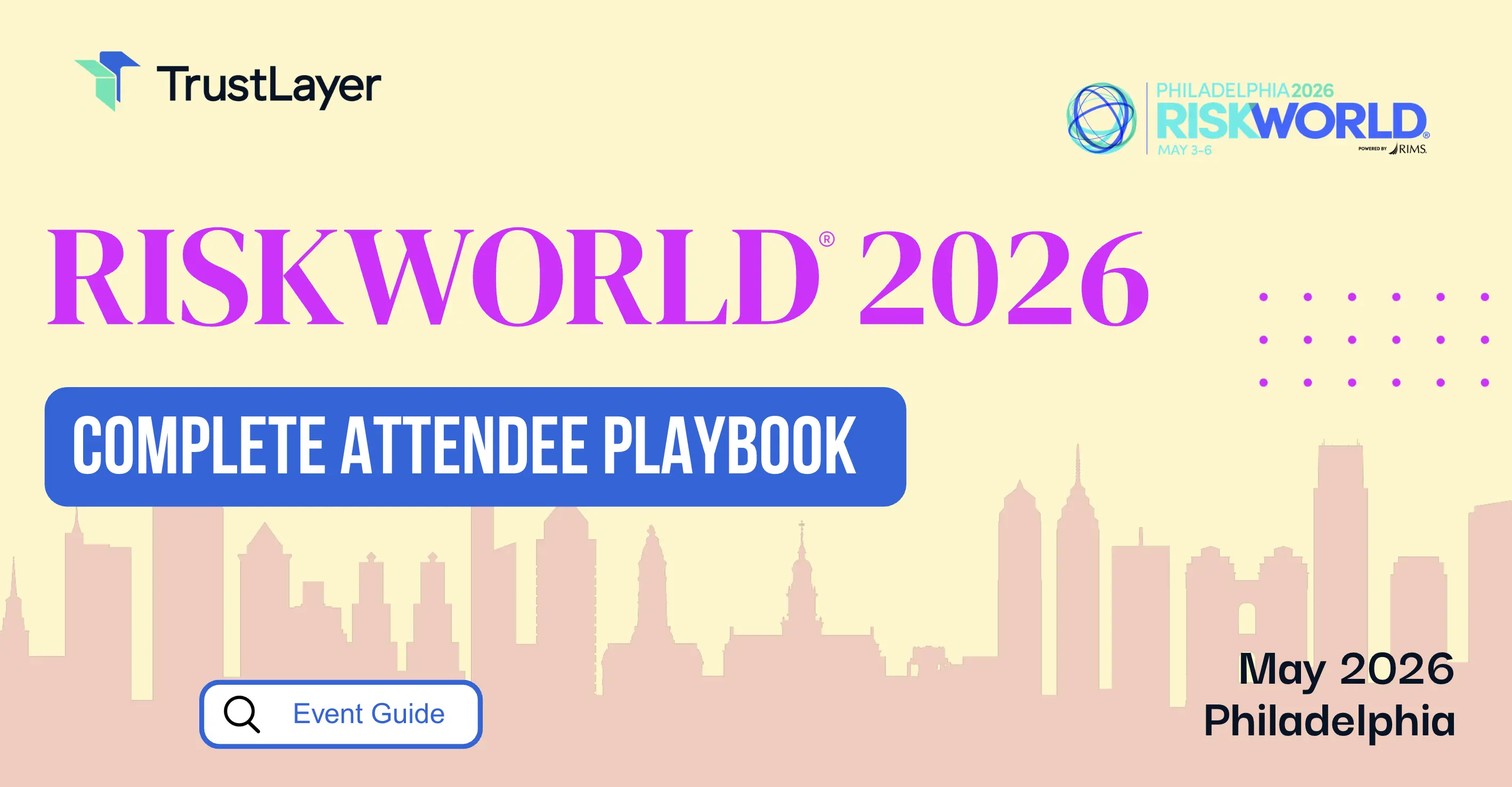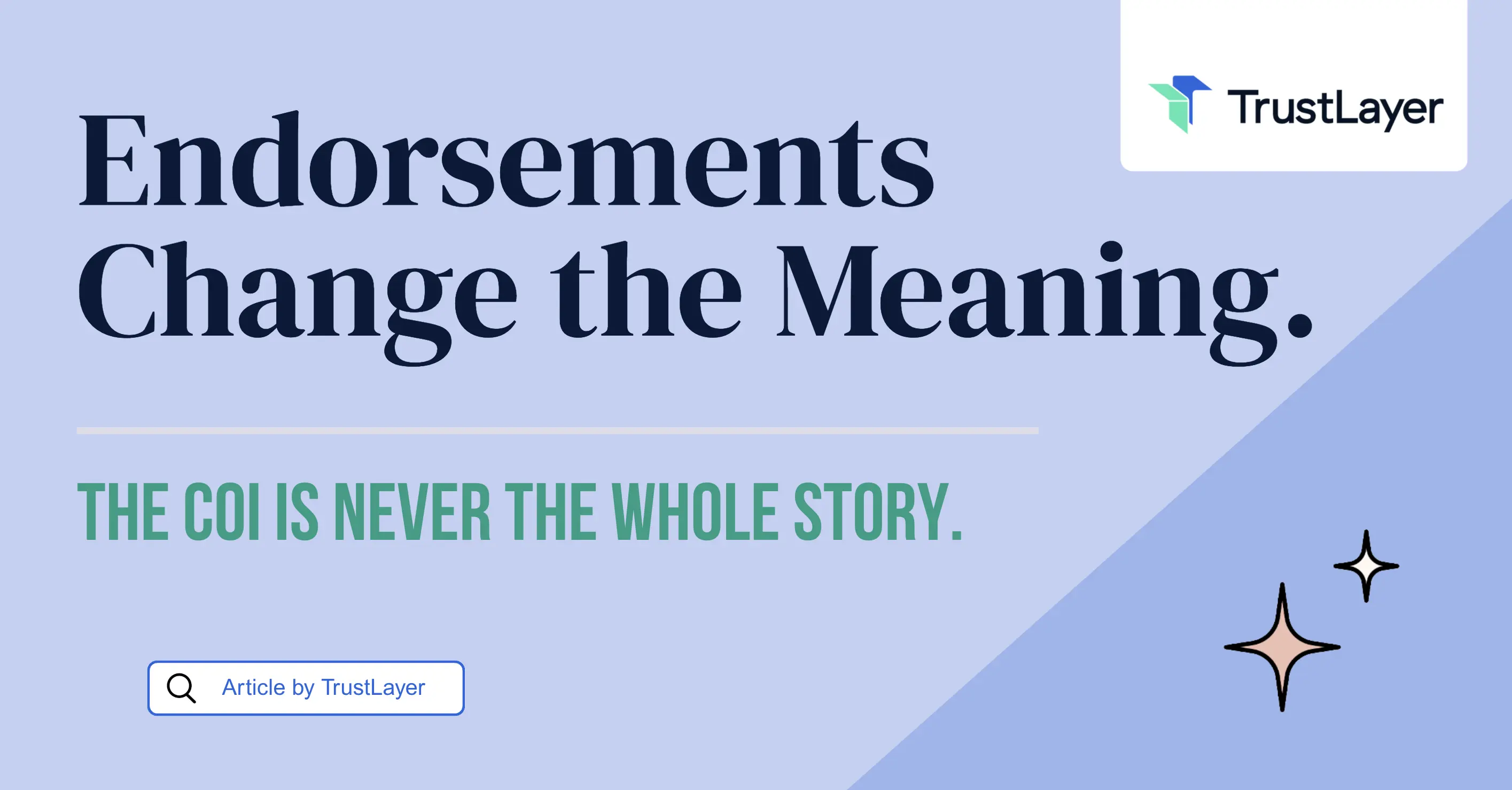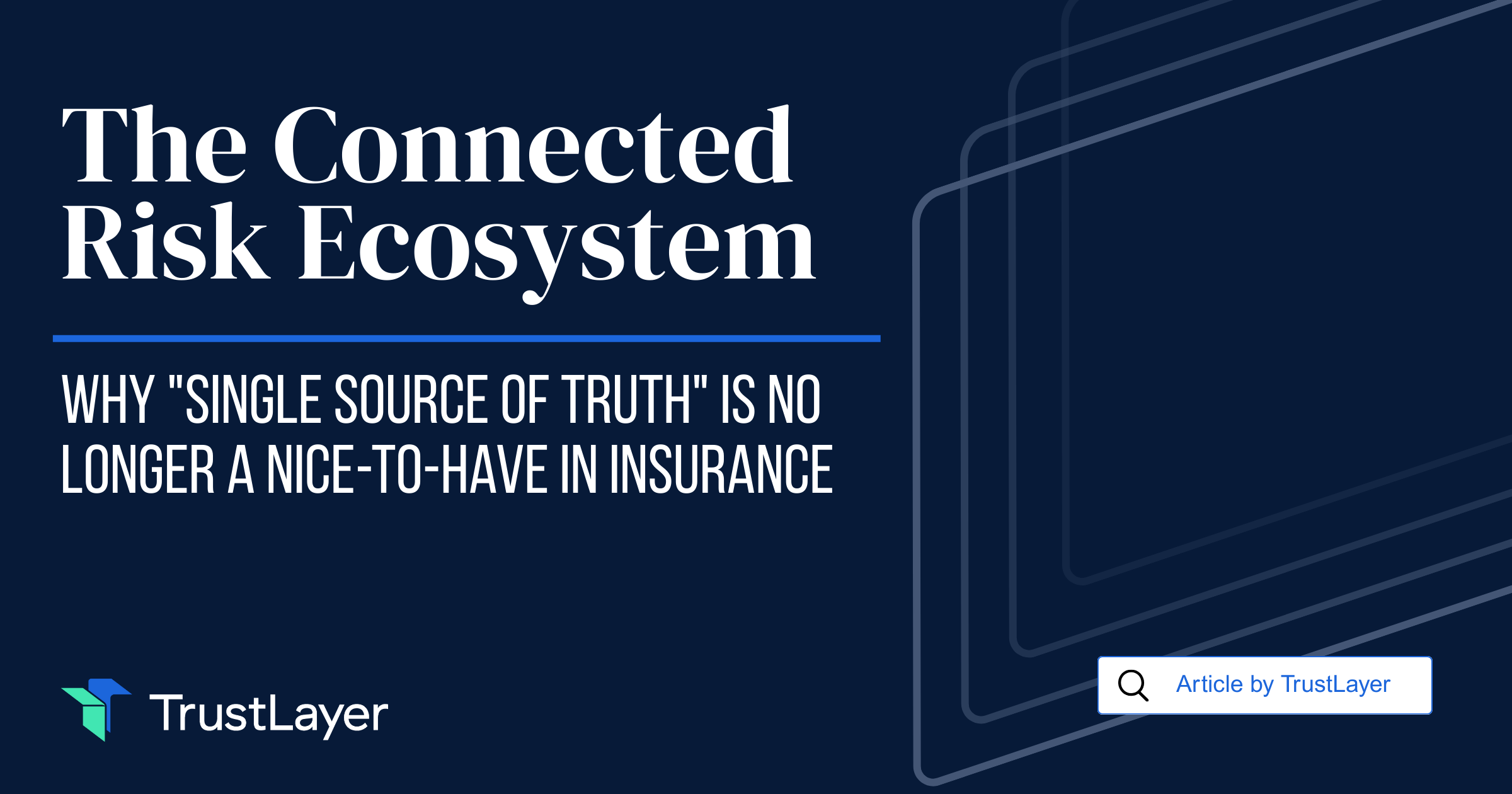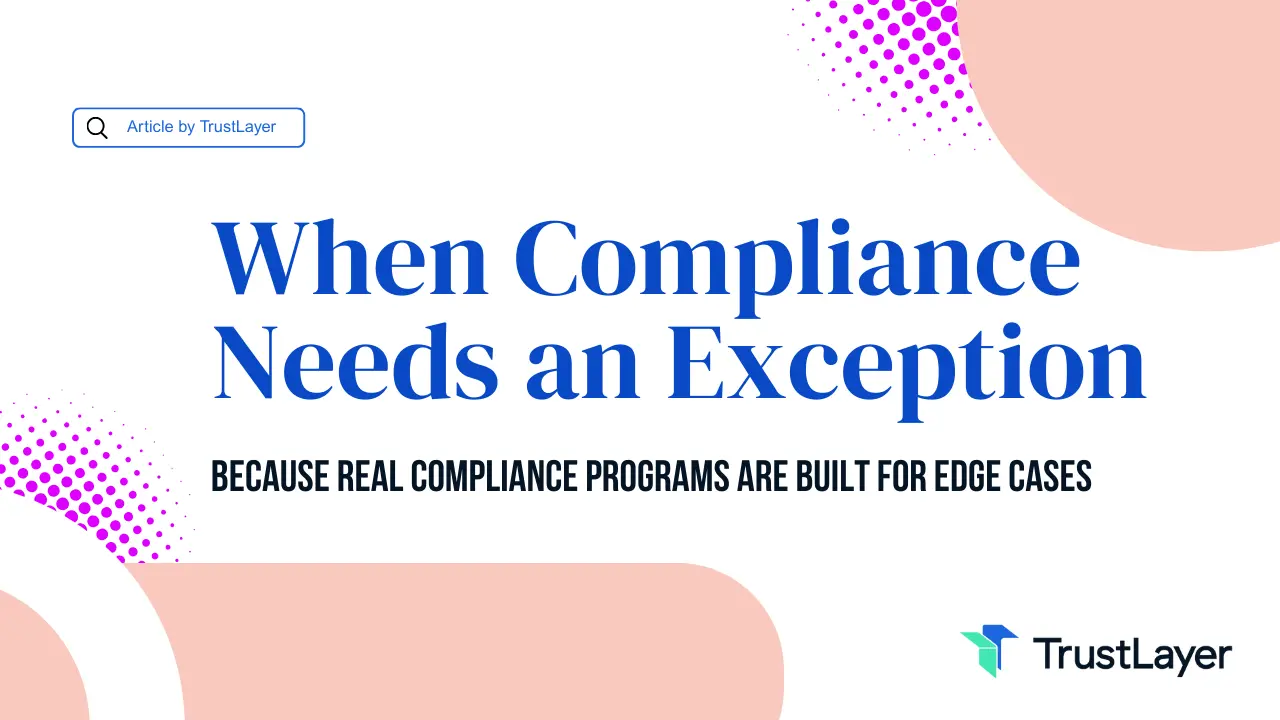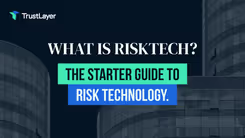Risk Management in Construction: The Human side
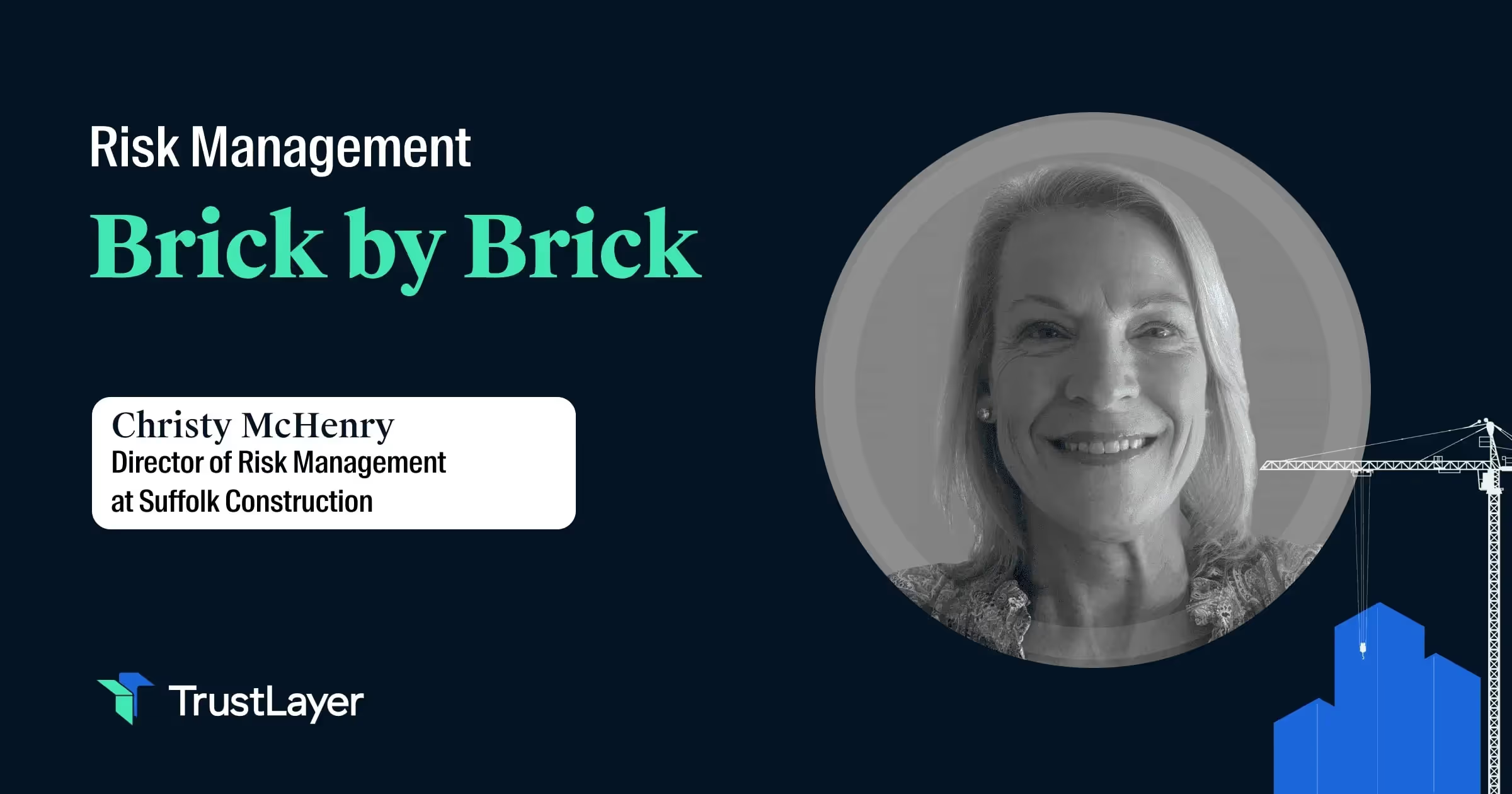
On the fourth episode of Risk Management: Brick by Brick, host Jason Reichl and Christy McHenry, Director of Risk Management at Suffolk Construction, examine the human side of risk management as they discuss working relationships and partnerships, education, and communication.
To be a successful risk manager, you must possess a handful of characteristics and personal qualities. Christy explains that "it's service-oriented, it's willing to teach, willing to share, willing to learn and really just being curious about all facets of how something functions and what's associated with the dangers or the benefits, the cost, the cost-benefit analysis that goes with whatever your building constructing."
Although risk management is highly technical, the quality of risk management depends on the people in the process. Strong interpersonal skills are required to ensure that all parties involved in a project clearly understand their responsibilities and are aware of potential risks associated with the project. "You have to be able to communicate, there presentation skills that are involved in being a risk manager and there's a lot of educating, I find myself many times being a teacher and it's whether I'm teaching my team or whether I am teaching the project teams, I spend a lot of time doing educational delivery to the project teams."
While most people understand the value of risk management, you don’t know what you don’t know. It's easy for decision-makers to overlook things they don't understand. Even skilled communicators have difficulty describing the complexities of insurance policies to stakeholders unless they have a thorough understanding of the contracts. "Risk management initiatives need to come from managers who really understand the risks involved. You have to be able to dig into various facets. I pretend to be a lawyer at times, so you have to be able to read contracts and really kind of understand what that contract is saying" if you want to drive your message home.
Risk Management and Third Party Contracting in Construction
Next, they discuss how the distribution of labor has shifted in the past decade as subcontractors play an increasingly prevalent role in construction projects. Jason points out that, “it seems like in the past on internal team building out construction companies with your own resources. Somehow something shifted and it's become more and more common to have really strong relationships with subcontractors that you use on projects. And now risk management has always been but is even more critical to third party contractor management, especially in construction.“ This adds another layer of complexity to risk management because they need to understand many details about contracts and insurance policies.
Christy says the biggest difference she has seen in the past ten years is the working relationship between contractors and subcontractors. "I think both the project team have probably shifted a bit in how they work with the trade partners. It's much more collaborative. You've got things such as them and lean and so forth, where it's, it's much more of a collaborative effort on how that schedule gets built, and instead of us building the schedule and saying, Hey, Mr. Trade partner, this is what you need to do. It becomes much more of a team. And I would say the same thing goes with dealing with our trade partners when it comes to their subcontracts and their insurance."
Risk managers are to be highly involved during the identification and assessment phase to ensure that everyone involved clearly understands risk. "When I talk with the subcontractors, especially when we're in a situation where maybe we have challenges with their insurance, I want to make it very clear to them. I am there to help them. I am not there to be punitive, and I personally get concerned at times that I don't think, especially the smaller subcontractors don't necessarily have the same resources out there to really."

Risk Management Skill Set for Future Leaders
As the show wrapped up, Christy shared a simple piece of career advice for future leaders that can be summed up in three words: education, preparation, and opportunity, "I would say do the job before you have the job, right? Like just asking for something more and asking to learn more. And I think that for promotions [or raises. I never felt like I needed to because I always felt like if I just did my job plus some, like I just constantly was learning that I would grow. I can say confidently that that's worked, and I think in with my team, that's what I encourage them to do is just learn everything you can and be a sponge."




